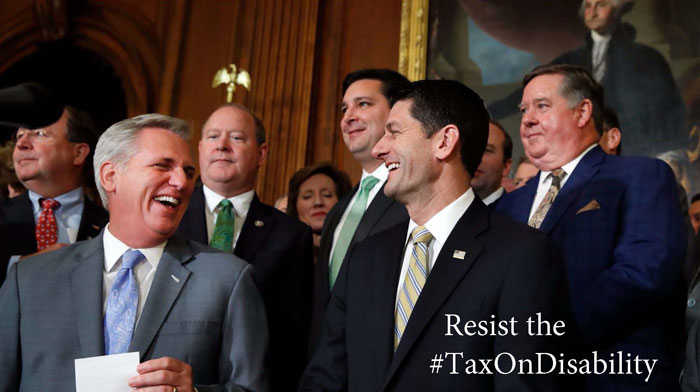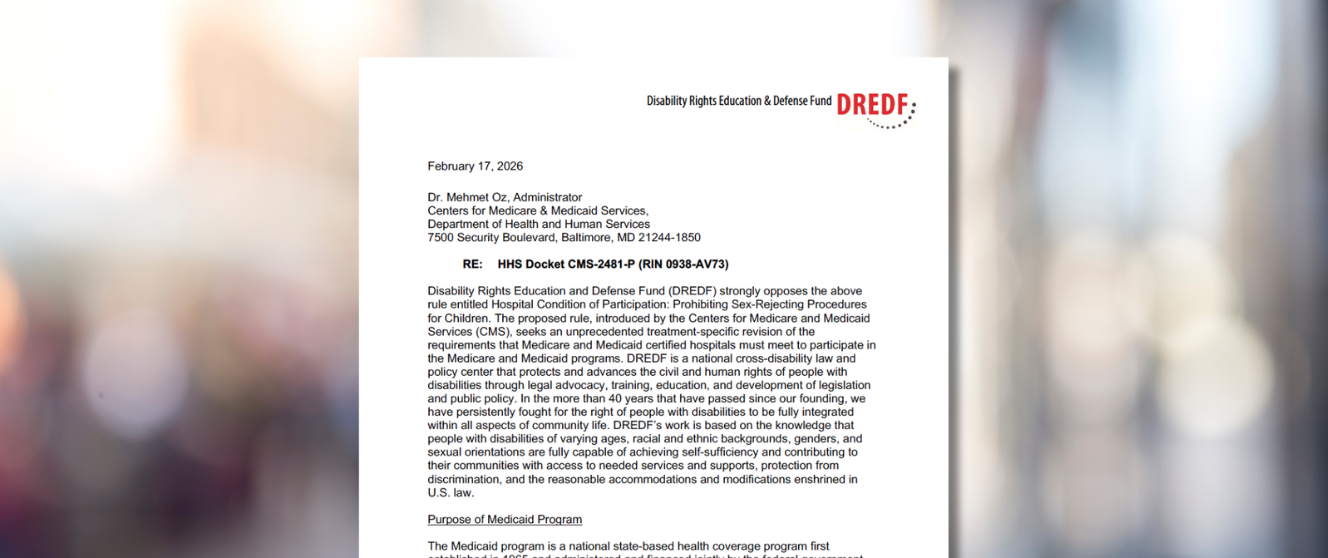

The House passed its version of the Republican tax overhaul on Thursday, November 16, but obstacles remain in the Senate, which is refining its own version of the legislation amid objections from key GOP senators.
The House bill passed with 227 votes in favor and 205 against. Thirteen Republicans voted against the bill. No Democrats voted for it. Not surprisingly, the Senate is wrestling problems found within their own version of tax reform after an analysis by Congress’ Joint Committee on Taxation (essentially the Congressional Budget Office for tax policy) found that households earning between $75,000 and $100,000 would see, on average, no tax cut. Worse yet, families earning less than $75,000 per year will see, on average, a tax increase under the Senate plan!
While the bulk of media and Congressional attention has been on the effect of proposed GOP tax bills on middle and, by contrast, the top income brackets in the United States, scant attention has gone to the effect of massive spending cuts on low and moderate-income households, and the programs they rely on to survive.
What is this likely to mean for disabled Americans, specifically? In short, the proposed cuts in the GOP tax bills would be cataclysmic to disabled Americans. More expensive insurance premiums are only the beginning. The median household income in the United States is $55,000. Disabled Americans, on average, make $10,000 less than their non-disabled peers do each year. In addition, this disparity has increased every year since 2013, according to the 2016 Disability Statistics Annual Report with no sign of letting up. This means, you guessed it, those who earn the least will end up paying more for what is likely to be less care.
For example, if the medical expense tax deduction of the House bill is adopted when the bill goes to conference (the process by which the House and Senate agree on changes to a bill before going to a vote), all of these currently available itemized exemptions will be eliminated:
- Co-pays and doctor’s fees
- Insurance premiums
- Medically-necessary surgery costs (cosmetic surgery is not covered unless it was reconstructive)
- Prescriptions
- Expenses related to attending a medical conference for a chronic condition that you, your spouse, or a dependent have (limited to transportation and admission)
- Contact lenses, glasses, or hearing aids
- Crutches, wheelchairs, guide dogs, or other accessibility expenses
- Dental work
- Weight loss programs for those with diagnosed obesity
- Alcohol, drug addiction, and nicotine cessation treatment
- Transportation involved with receiving medical care (fares, tolls, parking, and gas/oil)
Thankfully, the Senate has yet to vote on their version of the tax reform bill—which includes repeal of the Affordable Care Act’s Individual mandate—which leaves advocates with a narrow avenue to defeat an increasingly problematic law rightfully termed a massive #TaxOnDisability by the disability community.
Efforts to end the GOP’s “Tax on Disability” must now shift to the Senate. Call 202-224-3121 and tell your Senators:
- The tax bill, as written, unfairly penalizes disabled Americans. Senator [Name] should oppose the bill.
- This bill will repeal the individual mandate for health care to pay for a corporate tax cut, in effect repealing the Affordable Care Act without a replacement.
- People with disabilities will be stuck in the deep end of high-risk pools and low and middle-income families will not be able to afford to pay the increased rates required to obtain health insurance, projected to rise by an average of 10%.
- Repealing the Individual Mandate puts massive pressure on the entire healthcare system and will leave approximately 13 million people currently covered without health insurance, according to projections by the non-partisan Congressional Budget Office.
- People with disabilities refuse to be frogs in a kettle while the heat is turned up, left behind in taxation reform, forced to pay increasingly higher prices for massive cuts in Medicaid and Medicare within a decade as the current budget places our nation in greater debt.

